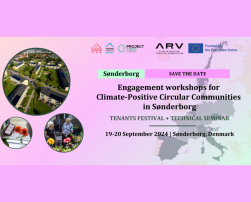
The main objective of this workshop and technical seminar is to present demonstrated energy efficient measures in housing associations connected to district heating networks.

The main objective of this workshop and technical seminar is to present demonstrated energy efficient measures in housing associations connected to district heating networks.
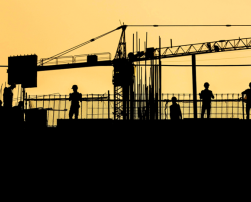
This brief aims to support workers in developing informed collective bargaining strategies to ensure equitable access to new green employment and improved working conditions.

LIFE SUPERHERO aims to diffuse the use of ventilated and permeable roofs (VPR) and HEROTILE-based roofs (HBR) as an effective climate adaptation and mitigation solutions based on 'passive cooling'.
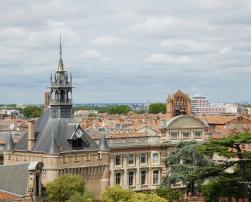
Toulouse's LIFE Green Heart project aims to reduce temperatures by 3°C in the Îles du Ramier district through green infrastructure, addressing the Urban Heat Island effect exacerbated by dense urban development.
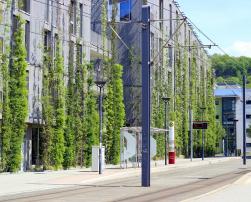
Integrating green infrastructure with dense urban construction in the Netherlands can enhance ecosystem services and increase green areas, guiding sustainable urban planning amid growing urban populations.
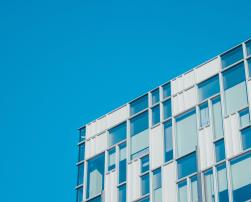
The paper reviews advancements in phase change materials (PCMs) for building envelopes, highlighting their benefits for thermal regulation and energy efficiency while addressing challenges and exploring hybrid technologies for improved performance.
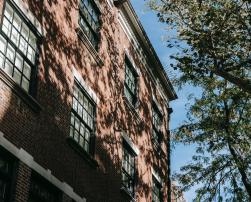
The urgency to achieve decarbonisation by 2050 has accelerated the need to drastically reduce our energy consumption and fossil-based production, and it is the reason why syn.ikia partners are working on a few Multiple Benefits tools.
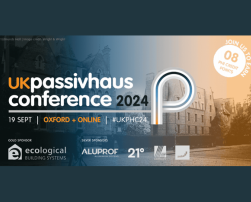
The 2024 UK Passivhaus Conference is the must-attend Passivhaus event of the year, dedicated to driving the movement towards healthier, net-zero neighbourhoods.
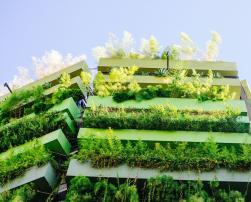
IBO veröffentlicht Kitting 2024 – Einblicke in zukunftsweisende Projekte und Forschung.

Record-breaking heat in 2023 highlights the urgent need for sustainable urban cooling solutions and effective governance to protect vulnerable populations and create resilient cities.